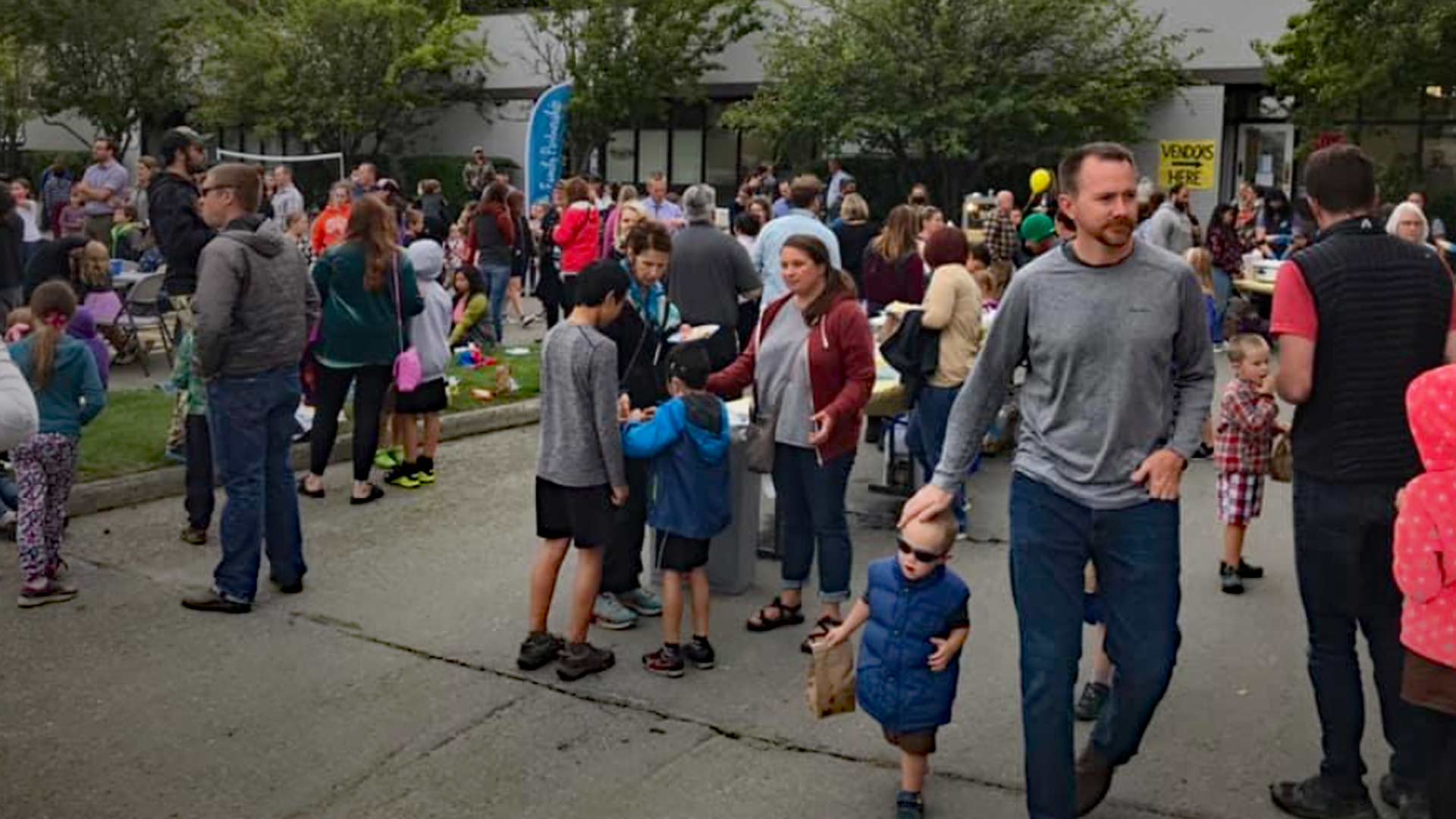
At the April 3 Anchorage School Board meeting the board supported Superintendent Jharrett Bryantt’s recommendation to revoke the charter of Family Partnership Charter School (FPCS) and transition it to a correspondence school.
After hours of testimony by parents and FPCS students, the board voted 6-1 to revoke the charter. Only board member Dave Donley voted against the recommendation.
One testifier noted that Superintendent Bryantt’s answers to the Anchorage School District’s FAQs required trust between the ASD and the Anchorage community. These FAQs stated that the curriculum would remain the same; the student allotments would remain the same; the principal, dean of students and business manager would stay in place and; the funds ($4.2 million) would remain with FPCS.
But can the FPCS parents and students trust the district to keep these promises?
Board member Carl Jacobs offered an amendment to the superintendent’s recommendation that would ensure the following:
All FPCS funds would remain in an account to be only used for FPCS expenses and ASD will not use any savings from FPCS funds for unrelated expenses.
The current parental freedom of choice regarding curriculum will remain intact.
There will be no change to student allotments, including the yearly rollover of unused allotments.
Everyone will be watching to see if the superintendent and the board will keep their word and for how long. Trust is a contract between two parties.
The board vote on this amendment was unanimous. The district has now committed to keep the same rules for the FPCS as it had before. The only difference was that the Academic Policy Committee (APC), the school’s board, has been dissolved and the school comes under the ASD Board.
In an attempt to keep the FPCS charter, member Donley offered an amendment that would change membership of the APC to improve its function. He wanted to restrict membership so that no relatives could be members, student members could not vote, and there could be no school staff relatives on the APC.
Dr. Bryantt responded to the amendment by stating that the APC was very dysfunctional. He said in a past meeting that only one APC board member could even vote on the principal’s evaluation due to several conflicts of interest.
The board voted down this recommendation by a vote of 6-1. Only Donley dissented.
Donley’s final motion was to table the effort to revoke the FPCS charter. He wanted the FPCS to have more time to resolve their problems. Member Kelly Lessens believed that the root cause of the problem could not be resolved after having watched two years of the FPCS APC meetings on YouTube.
ALASKA WATCHMAN DIRECT TO YOUR INBOX
This motion failed by a vote of 2-5 with members Donley and Andy Holleman voting to give the FPCS APC more time to fix its problems.
After many hours of testimony and discussion the board voted to revoke the charter of the FPCS.
The result of revoking the FPCS charter may cause many parents to remove their children from the district which will result in lost state, local and federal dollars for ASD.
These parents want the best education for their children. And they want to tailor their children’s education so they can succeed in life.
At the end of the meeting Dr. Bryantt twice used the word “trust” to define the board’s decision. Trust us, he said. Trust us.
But we remember when the district said it was going to close six brick-and-mortar schools. Now it is not going to close any of these schools.
Everyone will be watching to see if the superintendent and the board will keep their word and for how long. Trust is a contract between two parties.
The views expressed here are those of the author.







